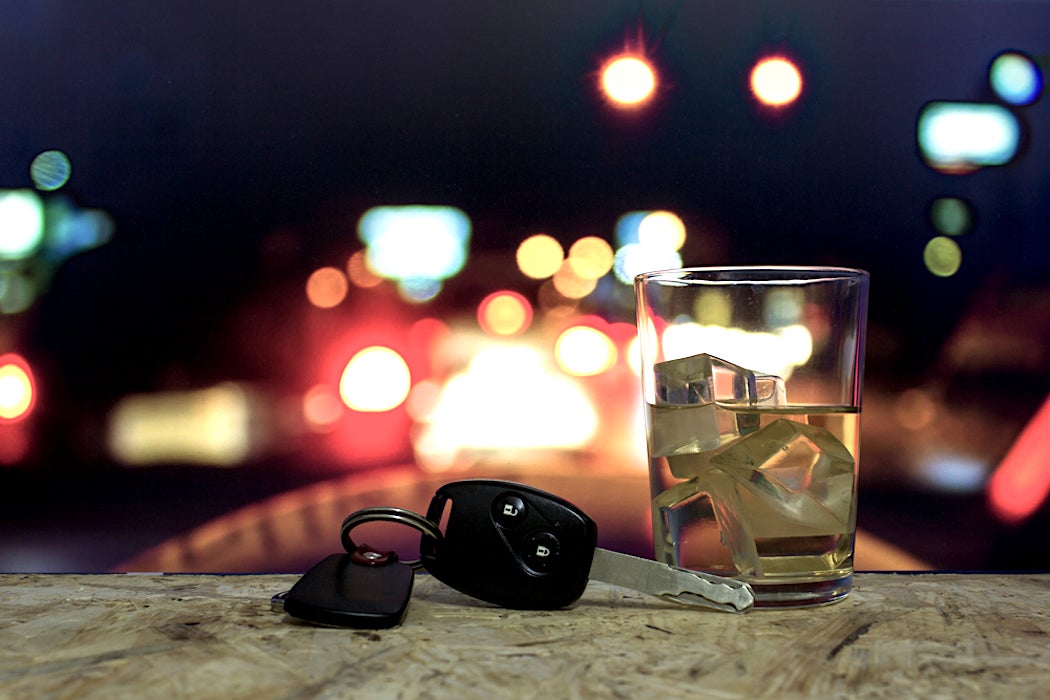In the last five years, there have been almost 8,000 drunk driving crashes in the state of Maryland. Of those, almost 1000 resulted in a death. In response, tougher laws have been enacted against DUI offenders, including the use of required breathalyzers in repeat offenders’ vehicles.
Baltimore, Maryland, has the same Motor Vehicle Laws as all twenty-four counties in the state, and all violations of these laws are handled in the same way by Maryland police and the judiciary.
Maryland is not a ‘dry’ state. This means the state makes it impossible for the separate counties to enforce restrictions on a license to sell alcohol that are stricter than the overarching state laws.
For persons under the age of twenty-one, they are legally restricted from drinking or buying alcohol. Regardless of age, though, the law states that one is prohibited from driving while under the influence. Penalties, fines, and possible jail time may result, depending on the severity of the offense.
There are a lot of questions surrounding whether driving under the influence of alcohol (DUI) is classified as a MISDEMEANOR or a FELONY in the state of Maryland. While driving under the influence is illegal in all fifty states, Maryland’s laws are slightly different.
There are three classifications of offenses.
Summary offenses are related to minor traffic violations, and disorderly conduct. These offenses do not result in jail time, and usually result in a small fine paid to the magistrate in the jurisdiction where the offense took place. Summary offenses usually do not show up on a standard background check, either.
MISDEMEANORS are minor, but more serious than a summary offense. They can occasionally result in jail sentences, hefty fines, and insurance cost increase, but they do not have as many long-term consequences as a felony. Oftentimes, sentences or fines are reduced. Misdemeanor arrests and convictions will show up on a standard background check, though, but with help from an attorney, they can be expunged.
Unlike misdemeanors, FELONY charges will have long-term ramifications. A felony charge is a serious offense, and often will result in jail sentences. Felonies can nullify the right to vote in Maryland, as well as prevent finding suitable employment and housing, or remaining employed in a current job.
Most states require a potential job candidate to disclose previous felony convictions. Businesses will often decline applicants with felony convictions, since the applicant is seen as a liability. Felony DUI charges appear reckless, and civically irresponsible.
In Maryland, when a driver is suspected of driving under the influence of alcohol, it falls under two categories: DRIVING UNDER THE INFLUENCE, or DRIVING UNDER THE INFLUENCE PER SE.
DRIVING UNDER THE INFLUENCE charges will be brought on the driver if there is significant reason to believe they are impaired. Swerving, weaving, and otherwise not operating the motor vehicle in a safe manner or causing an accident or roadway obstruction because of alcohol will result in a driving under the influence charge.
DRIVING UNDER THE INFLUENCE PER SE charges will be brought if the prosecution can prove the driver exceeded the legal BAC limit.
Under Maryland Law, a blood alcohol level (BAC) of .08 or more is considered drunk driving. A DUI charge will always result if BAC levels are at or above the legal limit.
No proof of impairment needs to take place. A driver could have been operating the vehicle with a fair amount of dexterity, but if they have exceeded the legal limit, it doesn’t matter. A law enforcement officer can prove this by administering a breath test – a breathalyzer – or a blood test at a routine traffic stop or during a checkpoint.
A breathalyzer can detect alcohol in the suspects breath for up to twenty-four hours, where a blood test can detect alcohol in the bloodstream up to twelve hours.
In some cases, an officer will ask for a urine test, which can be effective up to five days after the consumption of alcohol. If the tests are at, or above, a legal blood alcohol level of .08, a charge will result.
Whether a ‘driving under the influence’ or a ‘driving under the influence per se’ charge has been issued, first offenses are both misdemeanors, and oftentimes, sentences and fines are reduced.
A normal DUI charge is not considered a felony in Maryland. Repeat offenders can receive jail time as a temporary consequence, but more often than not, it’s classified as a traffic misdemeanor, especially if there was no damage or harm done. Blood alcohol levels will be considered, and fines or consequences will transpire according to Maryland’s applicable vehicle and traffic laws.
When someone drives while intoxicated and hits a pedestrian or kills another driver or passenger, it is classified as vehicular manslaughter. A vehicular manslaughter charge transfers a simple DUI from a misdemeanor to felony.
If convicted of vehicular manslaughter due to driving while intoxicated, vehicular manslaughter felons can face up to five years in jail. If you are charged with a misdemeanor or felony DUI, contact an Baltimore county DUI lawyer immediately. DUI charges are very serious and come with hefty fines, suspension of driving privileges, and jail time.


















